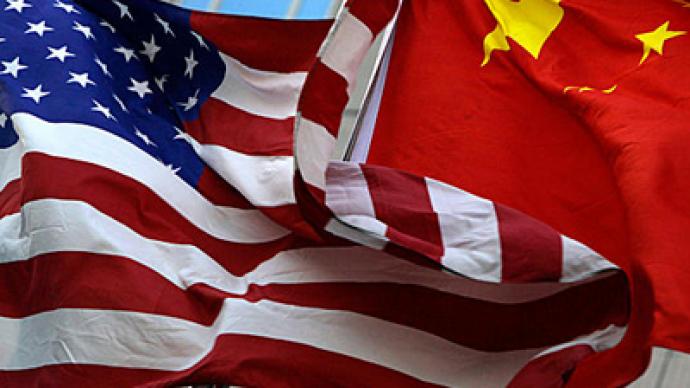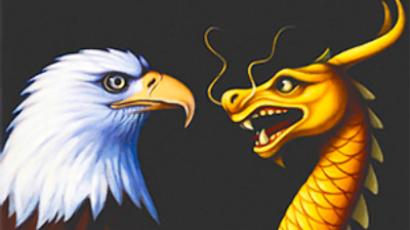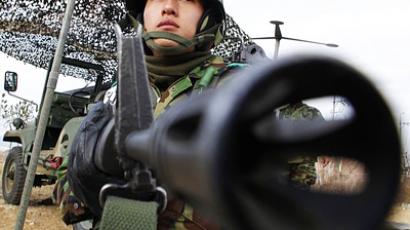US-China relations continue to shift based on needs

They say you should keep your friends close, and your enemies closer, and as far as where China fits in relation to the United States, perceptions continue to evolve.
At this year’s U.S.-China Strategic Economic Dialogue, there was an attempt by officials from both sides at friendship.“We each recognize that our ability to work together is important to the overall health and stability of the global economy,” said Tim Geithner, US Treasury Secretary.“Dear friends,” reiterated China State Councilor Dai Bingguo, “The people of China and the United States live in the same global village – you on the west side and we the east.”The purpose of the summit was to open communication on concerns, like the debt ceiling in the U.S. and the rate of currency appreciation in China, as well as joint concerns about the environment.“We both have a great stake in curbing climate change and charting a clean and secure energy future,” said US Secretary of State Hillary Clinton. Currently, China is the second highest producer in the world of renewable energy technology in the world, according to a World Wildlife Fund report – the US ranks 17th.The over-riding theme for day one of the U-S China Strategic and economic dialogue was mutual respect and understanding, and the notion that just because there’s competition, doesn’t mean that there can’t be cooperation.“Competition is not bad,” said Vice President Joe Biden. “Competition that’s healthy is good.This is why I’ve held the view for years and continue to hold the view that a rising China is a positive development.”It is a far cry from the dialogue from recent times, where top decision-makers in the US have been told that an increased power means an increased threat, one that will eventually need to be dealt with by war.“The way to avoid this war, and we’re not going to be able to avoid this in any case, is some kind of arms race with China,” said Robert Kagan, a Senior Fellow with the Center on U.S. and Europe Foreign Policy. “China is going to keep building and improving its capabilities.”Each year the Pentagon comes out with The Military and Security Developments Involving the People’s Republic of China Report.The findings are often used to intensify military spending.Following the 2008 Report, John Tkacik, with the Heritage Foundation made the case“We are now looking at a power in the Western pacific that could stand up to us if there was a problem,” Tkacik said.Currently, US military spending is more than the rest of the world combined, and six times more than China.At the same time, U.S. debt has ballooned to more than $14 trillion and much of that debt is owned by China.Critics say the threat from China is not the People’s Liberation Army. Instead, the threat from China is actually its growing economic might “Every economist in Washington is saying the Yuan is actually going to be the currency of the world, maybe by 2020,” said Asia Times Correspondent Pepe Escobar.“So the economic policies of Washington should lead and not the Pentagon.”It appears the question of whether China is friend or foe to the US depends on the situation.Lawrence Korb, a senior fellow at the Center for American Progress explained that China and the US need one another and are locked into a mutually dependant economic framework – which is a positive development.“Since we both need each other neither of us is going to do anything that would create unnecessary tensions or even any type of thing that might lead to armed conflict between us,” Korb said. At present, China maintains more leverage as the US economy dwindles, but that may not always be the case. If China’s economy dips because of the US economy they will lose that leverage. The two are heavily interconnected and dependant on mutual success and stability. “We need each other, it’s not like the cold war,” he added. “We and the Soviet Union never barrowed or lent each other money in that competition. It’s a different relationship with China.” China’s real problems are more internal, not external, Korb explained. Their focus remains on those issues currently – notably dissent among some of the Chinese people which has increased due to the Jasmine Revolutions in the Arab world.














